Tahlequah City compost
Belafonte
10 years ago
Related Stories

GARDENING GUIDESGet on a Composting Kick (Hello, Free Fertilizer!)
Quit shelling out for pricey substitutes that aren’t even as good. Here’s how to give your soil the best while lightening your trash load
Full Story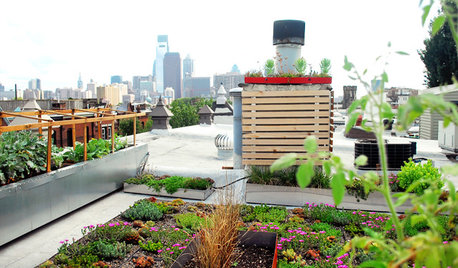
HOME INNOVATIONSNow Approaching the Emerald City
Urbanites are spraying moss graffiti on walls and covering roofs in plants — and city regulators and designers are supporting the cause
Full Story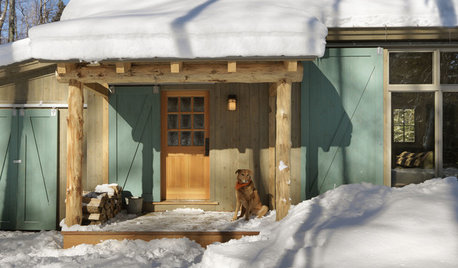
RUSTIC STYLE10 Cabin Rental Basics for City Slickers
Stay warm, dry and safe while you’re enjoying winter cabin life with this valuable advice
Full Story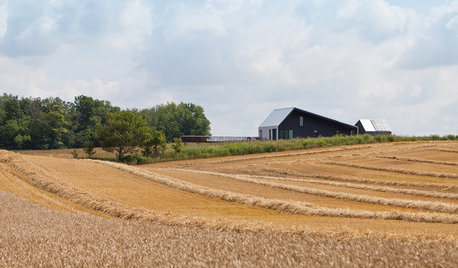
GREEN BUILDINGOff the Grid: Ready to Pull the Plug on City Power?
What to consider if you want to stop relying on public utilities — or just have a more energy-efficient home
Full Story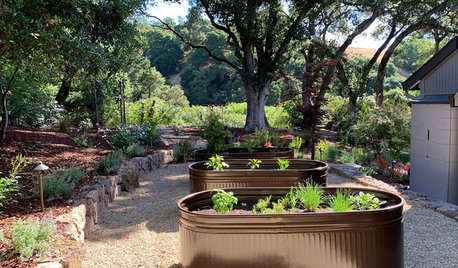
FARM YOUR YARD6 Things to Know Before You Start Growing Your Own Food
It takes time and practice, but growing edibles in the suburbs or city is possible with smart prep and patience
Full Story
LIFEEasy Green: Modern Homesteaders Stake a Claim
With more options for raising chickens, growing edibles and keeping bees than ever, suburban and city folk are rediscovering a lost art
Full Story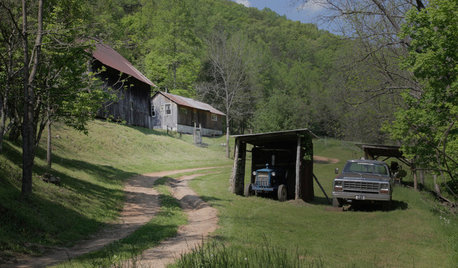
TASTEMAKERSNew Series to Give a Glimpse of Life ‘Unplugged’
See what happens when city dwellers relocate to off-the-grid homes in a new show premiering July 29. Tell us: Could you pack up urban life?
Full Story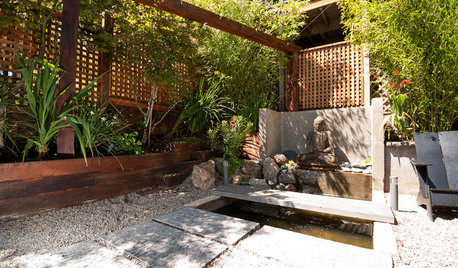
LANDSCAPE DESIGN3 Steps to Choosing the Right Plants for Your Patio
Make every plant count in your small city garden by considering these criteria before you buy
Full Story
MODERN ARCHITECTUREThe Gable Goes Mobile, Micro and Mod
Three ingenious tiny homes feature the familiar peaked roof in unexpected ways
Full Story
FALL GARDENING5 Ways to Put Fall Leaves to Work in Your Garden
Improve your soil and yard the organic way with a valuable garden booster that grows on trees
Full Story






mksmth zone 7a Tulsa Oklahoma
slowpoke_gardener
Related Professionals
Cottonwood Landscape Architects & Landscape Designers · Kyle Landscape Architects & Landscape Designers · Glendale Heights Landscape Contractors · Lemoore Landscape Contractors · Ridgewood Landscape Contractors · Royal Oak Landscape Contractors · Winter Gardens Landscape Contractors · Auburn Decks, Patios & Outdoor Enclosures · Glen Ellyn Decks, Patios & Outdoor Enclosures · Hampton Bays Decks, Patios & Outdoor Enclosures · Hockessin Decks, Patios & Outdoor Enclosures · Lebanon Decks, Patios & Outdoor Enclosures · Lebanon Decks, Patios & Outdoor Enclosures · Montgomery County Decks, Patios & Outdoor Enclosures · Pittsburgh Decks, Patios & Outdoor Enclosuressoonergrandmom
Macmex
Okiedawn OK Zone 7
soonergrandmom
BelafonteOriginal Author
Okiedawn OK Zone 7